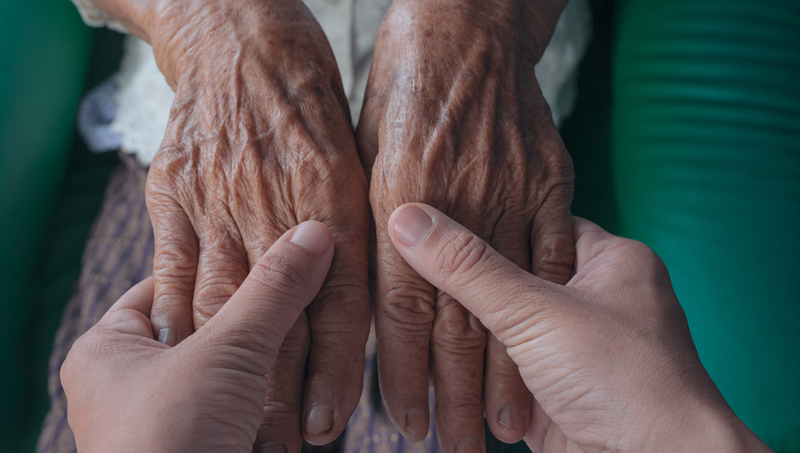
Rheumatologic is a kind of Arthritis disease. Arthritis and various other illnesses that impact the joints, tendons, muscles, ligaments, bones, and muscles are collectively referred to as rheumatologic diseases. Disorders mostly affecting the joints are referred to as arthritis.
When not properly treated, rheumatic disorders like osteoarthritis can cause significant joint pain due to the degradation of cartilage, the hard but soft substance that covers a joint.

The most prevalent types of arthritis are osteoarthritis and reactive arthritis, also abbreviated to RA, which are the most frequent rheumatic disorders. When healthy cells are attacked by the immunological system, it causes rheumatoid arthritis. It can simultaneously inflame, swell, and hurt multiple joints.
The particular disease determines the risk variables associated with rheumatic disorders. On the webpage for arthritis potential variables, you can read more about rheumatic conditions and those variables. Joint and peripheral ligament infections can result in persistent or durable pain and unsteadiness. For individuals with arthritis and chronic conditions, the CDC has tools and services that can help them live better lives and manage their conditions.
Rheumatology Disease List
In the list of Rheumatology, it counts as:
- Rheumatoid Arthritis
- Juvenile Rheumatoid Arthritis
- Scleroderma treatment
Rheumatoid Arthritis- Rheumatoid arthritis, often known as RA, is an aggressive and reactive condition in which the immune system unintentionally assaults normal cells in your body, leading to inflammation (painful swelling) in the areas of your body impacted. RA primarily targets joints, typically several joints concurrently.
Juvenile Rheumatoid Arthritis- The most prevalent type of arthritis that affects kids is juvenile rheumatoid arthritis. It is an enlargement of the joints that is hot and painful. Arthritis can be either acute—lasting only a few weeks or months before going away—or chronic—lasting for many years or perhaps a lifetime.
Scleroderma treatment- Immunosuppressive medication is the most widely used method of reducing scleroderma's inflammatory stage. The theory is that the inflammation is brought on by an autoimmune procedure, and tissue damage. The fibrosis is the aftereffect.
Is gout a rheumatologic disease?
Gout and rheumatoid arthritis are two different arthritis. Both forms cause discomfort and irritation in the joints. Gout is an inflammation disorder, whereas reactive arthritis is an immunological one.
What is the sign of Rheumatology?
The signs of rheumatoid arthritis can include sore, heated, or swollen joints. Usually worst in the mornings and after idleness, stiffness in the joints. fatigue, fever, and appetite reduction. You can get several rheumatologists around you some of whom are top rheumatologists in India. Hospitals like Manipal Hospital are the best rheumatologist hospital in Delhi.
Rheumatology Treatment
Rheumatology has no known cure, however, physiotherapy and medication can reduce the disease's course. Anti-rheumatic medicines are a type of drug that can be used to treat the majority of instances.
Rheumatology symptoms
Infection of the heart, joints, skin, or the brain causes rheumatology symptoms. There could be a few or many symptoms. Throughout the progression of the illness, that can fluctuate. Rheumatology fever often starts 2 to 4 weeks after contracting strep throat.
The symptoms of Rheumatology possibly consist of:
Fever, Painful and tender joints — most often in the knees, ankles, elbows, and wrists, Pain in one joint that migrates to another joint, Red, hot, or swollen joints, Chest pain, Fatigue, Flat or slightly raised, painless rash with a ragged edge, Heart murmur, Jerky, uncontrollable body movements (Sydenham chorea) — most often in the hands, feet and face, outbursts of unusual behavior, such as crying or inappropriate laughing, that accompanies Sydenham chorea, Small, painless bumps beneath the skin, etc are the symptoms of Rheumatology.





